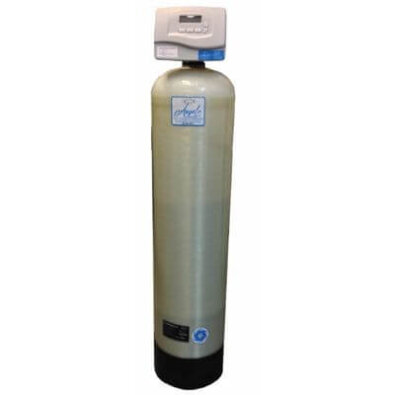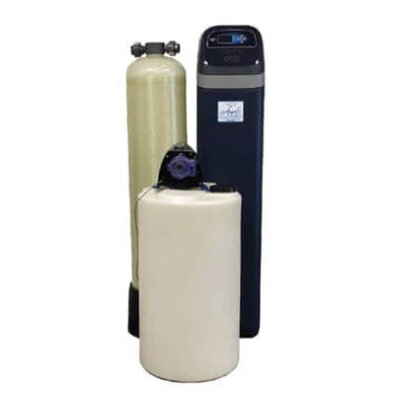Whole house water filters can keep the water in your home safe, clean and enjoyable to drink. Your water shouldn’t:
- Stain your clothes
- Smell like a pool
- Or taste like it’s full of metal
Don’t settle for polluted water in your tap, washing machine or shower. Whole house water filters send crystal-clear water to every water-using appliance in the home! Find a quality system today and enjoy licensed installation and maintenance from the Angel Water team.







